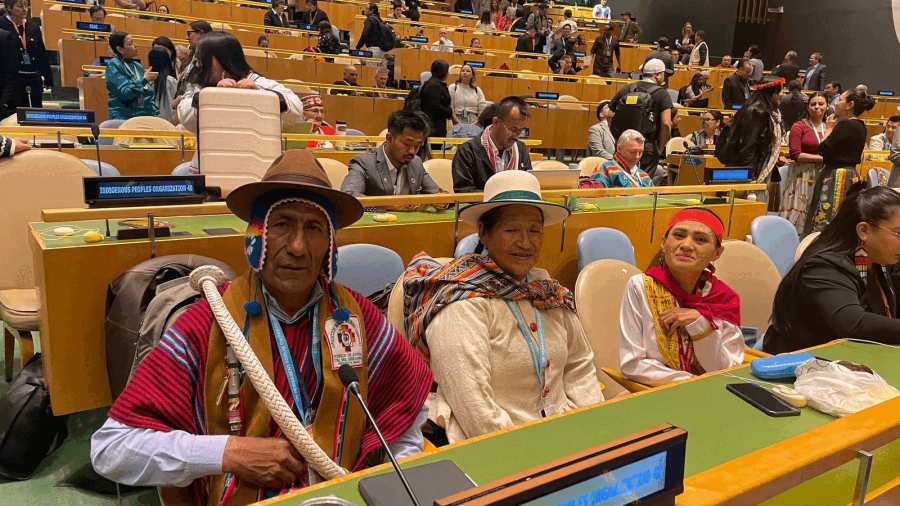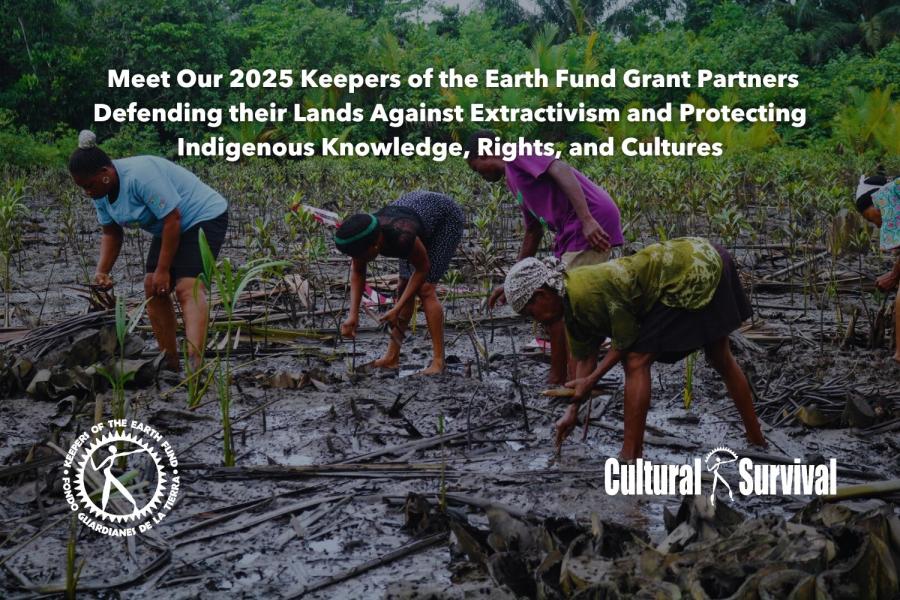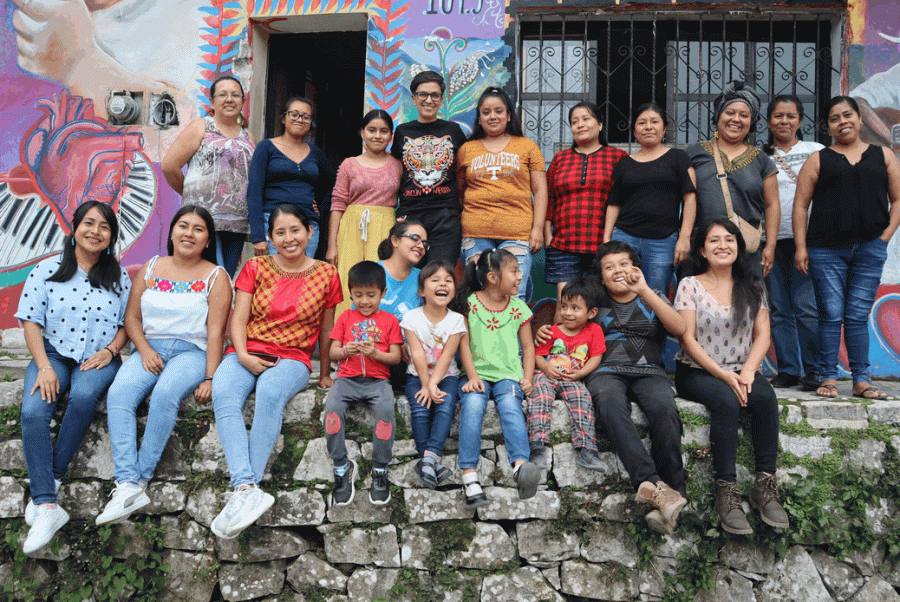
The thirteenth session of the UN Permanent Forum on Indigenous Issues is taking place May 12-23 in New York. Join our Global Response partners at the following event.
Principles of good governance: Local governments' use of UNDRIP and its challenges
Tuesday, May 20, 2014
304 E 45th St, New York, NY 10017
FF Building, 10120 Amartya Sen Room
New York, NY 10017, USA
1:15 to 2:30pm
This session will explore how local governments are using UNDRIP in their work and the challenges that arise in implementing international standards at the local level. Panellists will share first- hand accounts using UNDRIP in local governance in Kenya, Peru, and the United States.
Speakers:
Koissaba Ben R. Ole (Maasai from Kenya) is the author of the book Local Advocacy to National Activism: Maa Civil Society Forum, Kenya; and the following papers: Education for All: The Prospects of Mobile Education, Mobile Schools and E-Learning for the Pastoralist Communities in Kenya; Elusive Justice: The Maasai Contestestation of Land Appropriation in Kenya. A Historical and Contemporary Perspective; Community Development: The Dilemma of Theory and Practice, and E-learning Principles and Practices in the Context of Indigenous Peoples: A comparative Study.
He is completing his PhD in International Community Development at Clemson and has his MA in Social Entrepreneurship from Northwest University as well as a Post Graduate Diploma in Theology and Development from Leeds University, UK. His research area is in Indigenous Humanities and the impacts of Globalization in the lives and livelihoods of Indigenous Peoples. Since the late 1980s, he has worked as staff and as a consultant with various local and international NGOs, government agencies, and think tanks in Kenya, including World Vision, Plan International, Action Aid, Premese Africa Development Institute, the Kenya National Poverty Eradication Commission, the Indigenous Concerns Resource Center, and the Kenya, East African, COMESA and IGAD Livestock Policy Hub. His expertise in community development includes experience with HIV, microenterprise, workforce development, disaster risk reduction, participatory research and learning, governance and advocacy, and human rights. He is an outspoken advocate for the land rights of the Maasai people. He is an alumni and mentor of the Clinton Global Initiative University.
[[{"fid":"62307","view_mode":"full","fields":{"format":"full","field_file_image_alt_text[und][0][value]":"","field_file_image_title_text[und][0][value]":"","field_caption[und][0][value]":"Apu Aurelio Chino Dahua","field_copyright[und][0][value]":"Rainforest Foundation","taxonomy_vocabulary_16[und]":"_none","field_media_page[und]":"1","field_folder[und]":"3046","field_tags[und]":""},"type":"media","attributes":{}}]]
Apu Aurelio Chino Dahua is a Quechua leader from a small community on the banks of the Pastaza river, a tributary to the Amazon in Loreto, Peru. He is the President of FEDIQUEP (Federation of Quechua of the river Pastaza) and organizes other Indigenous leaders from the area in their fight against environmental destruction resulting from oil extraction in their forests by Pluspetrol. Apu Aurelio has led a negotiatation process to establish consultation with traditional authorities before a the current oil concession is renewed for another term. He believes in revitalizing Indigenous cultural practices and has been a role model for other traditional leaders, or Apus, to retake their traditional dress and face-painting when speaking at important community meetings.
For information on attending, please email danielle@cs.org.



